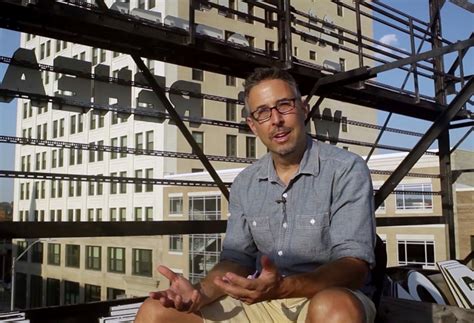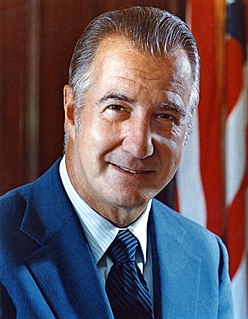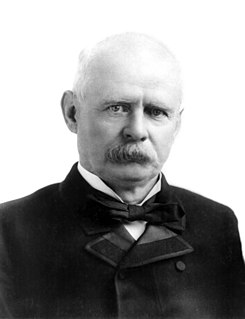A Quote by Kofi Annan
From this vision of the role of the United Nations in the next century flow three key priorities for the future: eradicating poverty, preventing conflict and promoting democracy.
Related Quotes
We have before us the opportunity to forge for ourselves and for future generations a new world order, a world where the rule of law, not the law of the jungle, governs the conduct of nations. When we are successful, and we will be, we have a real chance at this new world order, an order in which a credible United Nations can use its peacekeeping role to fulfill the promise and vision of the U.N.'s founders.
There are many who criticise the United Nations. And those of us who know this institution well know that it is not immune from criticism. But those who argue against the United Nations advance no credible argument as to what should replace it. Whatever its imperfections, the United Nations represents a necessary democracy of states.
We've always defined conflict fairly broadly from ideological conflict to troops on the ground. For quite some time we've talked about a focus on Palestine. Certainly no one can deny that Israel is conflict with Palestine and no one can deny that the U.S. is the largest supporter of Israel internationally - not only financially, but also in the United Nations where the United States is one of the very few countries that does not recognize Palestine as a state.
This is the criminal left that belongs not in a dormitory, but in a penitentiary. The criminal left is not a problem to be solved by the Department of Philosophy or the Department of English - it is a problem for the Department of Justice. Black or white, the criminal left is interested in power. It is not interested in promoting the renewal and reforms that make democracy work; it is interested in promoting those collisions and conflict that tear democracy apart.










































